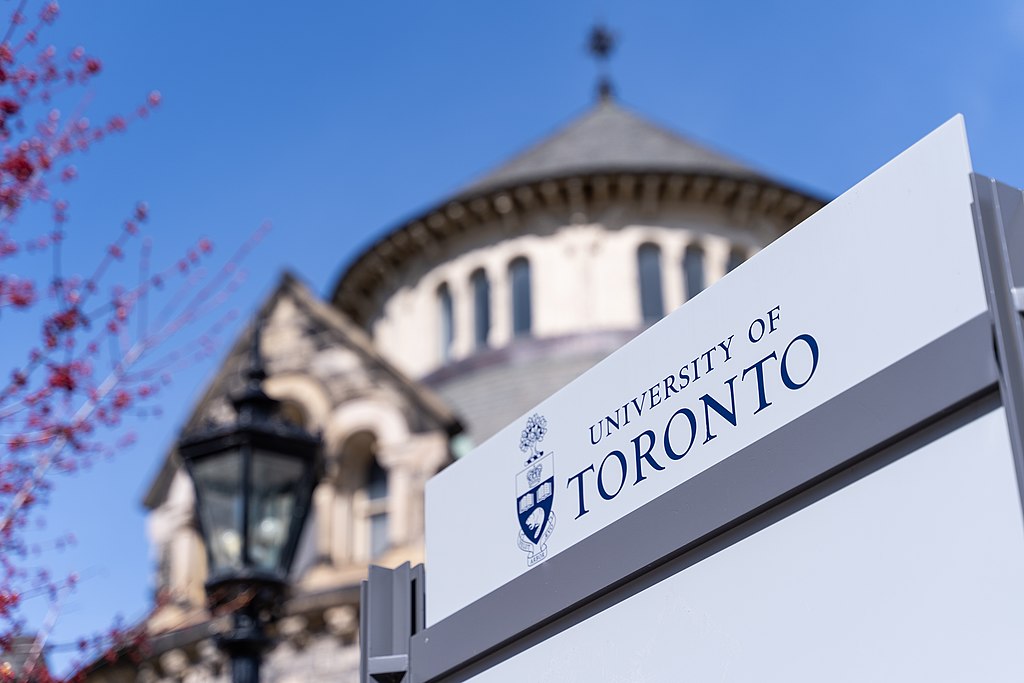On March 4, the UofT administration reached a tentative agreement with CUPE 3902 and 3261 representatives just minutes before the units would have proceeded with the labor disruption.
In a statement delivered by Marianna Reis, CUPE 3902’s communication coordinator, “historic” tentative agreements were reached among five bargaining units, including CUPE 3902 Units 1 and 5, and three units from CUPE 3261.
Their goal from the beginning has been to improve economic conditions in line with the rising cost of living; fortunately, members across all units of CUPE 3902 and 3261 have achieved significant advancements in pay, health benefits, job security, and workload standards.
Reis expressed gratitude to the units’ bargaining teams, highlighting that “when teaching assistants, caretakers, postdoctoral researchers, and food service workers stand together, you can achieve real gains that improve your working conditions.”
On March 11, CUPE 3902 announced via X that its members have voted in favour of ratifying the tentative agreement as part of their new collective agreement, effective March 12, 2024. CUPE 3261 have scheduled multiple meetings to deliberate on ratification.
With the recent resolutions reached between the UofT and CUPE representatives, the spotlight is now on York to follow suit, where negotiations are ongoing.
In a community-wide statement issued on March 13, York administration reached out to all three units of CUPE 3903, proposing mediation and, if required, interest arbitration.
CUPE 3903 rejected this offer.
On March 9, CUPE 3903 responded to the university’s offers with proposal packages, outlining proposals for a specified period and a pay increase. These packages emphasized minimal progress on benefits and no advancement on the issue of pay, indicating dissatisfaction with the compensation being offered.
Additionally, according to York, CUPE 3903’s response failed to address the new Job Stability Program proposal for contract faculty in Unit 2, while their proposed pay increase of 31 per cent notably exceeded negotiated or awarded increases for other unions at Ontario universities.
York emphasizes, “the University believes that mediation-arbitration is the fairest and most expeditious way to resolve outstanding issues, end the strike and avoid putting the summer term at risk.”
Despite enduring disruptions to their courses, students exert considerable pressure for a resolution, especially with the semester coming to a close.
This burden is particularly heavy for upper-year students, facing graduation uncertainties. Rayven Rigato-Conde, a fifth-year psychology student, voices frustration with the administration and union, but acknowledges the importance of fair wages.
“Sadly, the strike came at a really bad time towards the end of the semester and as a student in my final year, it has caused extreme stress and uncertainty around my graduation and how my credits will be affected. Still, every student at York is paying for an education they currently aren’t receiving.
“When you look at UofT and their efficiency in resolving their strike, it demonstrates a lack of urgency from the York admin who should be prioritizing its own students and academic success,” Rigato-Conde adds.
This prompts the question: How much longer will education at York be disrupted until an agreement is reached?




